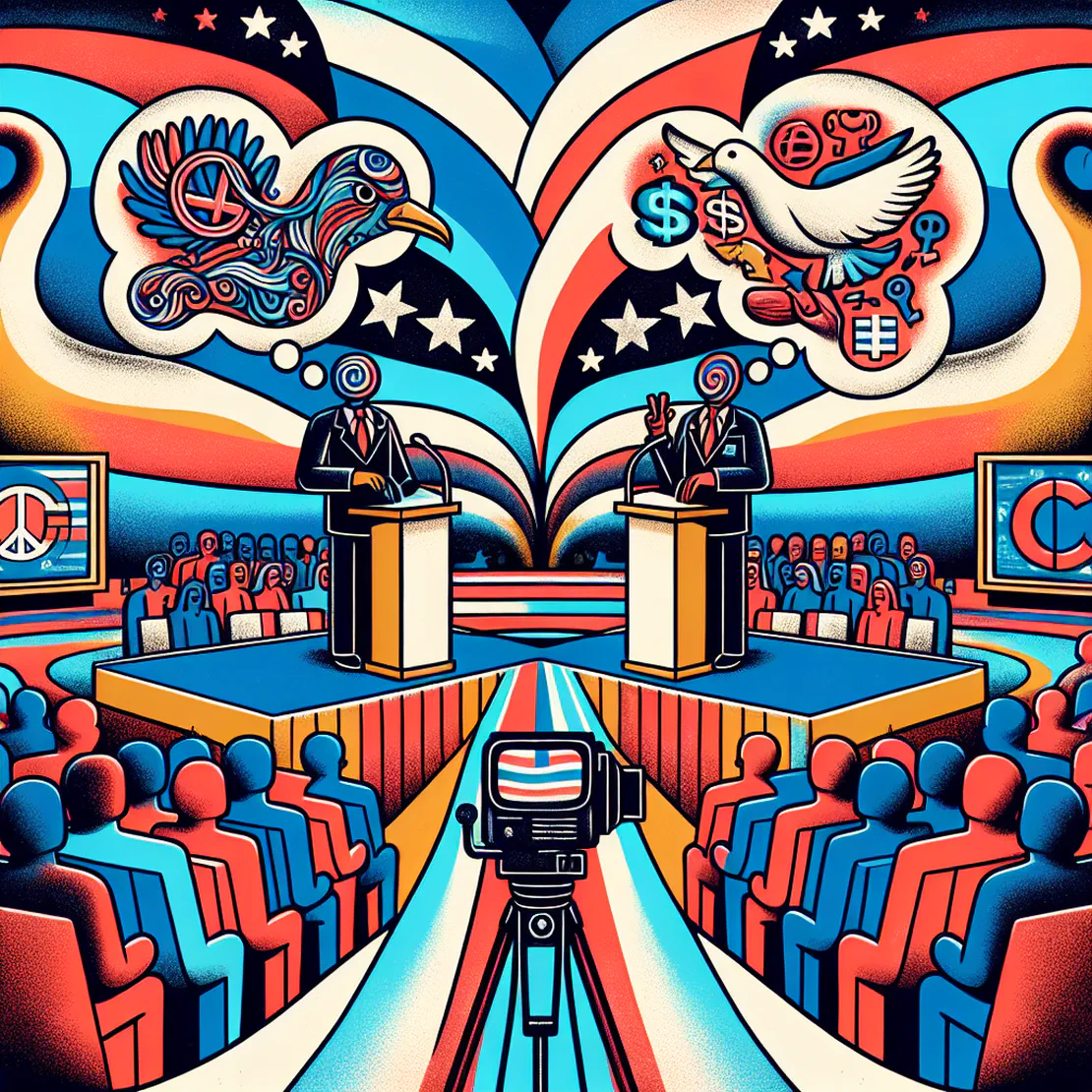
#2200 - Kat Timpf
- The Joe Rogan Experience
- Media , Politics , Censorship , Privacy , Manipulation
- September 10, 2024
Table of Contents
At a Glance
-
Suicidal Ideation and Accutane - “Whenever you have a medication… suicidal ideation, those ones freak me out.” Kat shares her personal experience with suicidal thoughts caused by taking Accutane.
-
The Importance of Meaning and Connection - “I think that’s why people like psychedelics. I think that’s why… we all do want to find meaning.” Kat discusses the human desire for meaning and connection in life.
-
Vulnerability and Overwhelming Hatred - “I’m naked on the cover, my body looks nothing like this anymore, but covered in hate mail… That’s great.” Kat talks about her book, “I used to like you until…”, which features vulnerability in the face of overwhelming hatred.
-
The Power of Independent Thinking - “It’s all about how one single thing should not be enough to write another person off. It’s about independent thinking…” Kat highlights the importance of considering multiple perspectives and not judging others solely based on a single characteristic.
-
Personal Growth and Overcoming Adversity - “I had lost myself… I’m never gonna be myself again.” Kat shares her personal struggle with Accutane and how she eventually returned to normal after stopping the medication.
What to Do
-
‘Engage in independent thinking’ - ‘It helps in understanding and addressing issues from multiple perspectives, avoiding biases associated with political affiliations.’
-
‘Consider the impact of labeling and assumptions’ - ‘Avoiding quick judgments based on a single aspect of a person can prevent misunderstandings and promote healthier interactions.’
-
‘Explore the benefits of psychedelics carefully’ - ‘They can be tools for mental health and personal growth when used responsibly, acknowledging they are not for everyone.’
-
‘Be cautious with medications’ - ‘Be aware of severe side effects like suicidal ideation, and consider the impact on mental health while treating physical conditions.’
-
‘Value freedom of choice in personal health decisions’ - ‘Individuals should have the autonomy to make informed decisions about their health treatments, especially when it involves potential benefits from less conventional methods.’
What to Get
-
I Used to Like You Until… (How Binary Thinking Divides Us) by Kat Timpf - Amazon - To convey a message about independent thinking, connection, and vulnerability
-
Nicotine Gum - Amazon - Used by a speaker as a stimulant and appetite suppressant while writing books.
-
Nicotine patches - Used by a speaker to manage nicotine cravings, especially during a period when vaping was not possible.
-
Nicotine vapes - Used by a speaker for a nicotine fix, including in situations where it was not legally permitted, like on airplanes.
-
Zins (Nicotine Product) - Planned to be used by a speaker post-pregnancy for stimulation during writing and working.
-
Psychedelics (drugs) - To change one’s perspective and view the world in a different way
Summary
In this podcast episode, the hosts engage in a deep and multifaceted discussion about the current state of politics, media, and personal experiences. The conversation opens with a critique of how divided the political landscape has become, emphasizing the damage caused by people’s unwillingness to engage with those who hold different views. The hosts argue that this division is detrimental to societal cohesion and understanding.
A significant portion of the discussion revolves around the concept of independent thinking. The hosts express concern that people often fail to recognize independent thought when it occurs, quickly categorizing others into rigid political identities like “MAGA” or “communist” based on single statements or opinions. This, they argue, stifles meaningful dialogue and reinforces tribalism.
The conversation also touches on the personal experiences of the hosts, including their frustrations with the cost of living in places like New York City and the challenges of working in media. They share anecdotes about the absurdity of everyday expenses and the pressures of maintaining a public persona in a polarized environment.
Moreover, the hosts delve into the inconsistencies and ironies within political alignments, particularly how political stances can flip depending on the party in power. They discuss the strange alliances that can form around issues like war and censorship, pointing out how these issues reveal the fluid and often contradictory nature of political labels.
The episode concludes with a broader philosophical reflection on the nature of political identity and the manipulation of public opinion. The hosts speculate on the ease with which the public can be swayed and how political labels are more about belonging to a tribe than adhering to a consistent set of beliefs. They lament the loss of nuanced thinking and appeal for a more thoughtful, less reactionary approach to public discourse.


